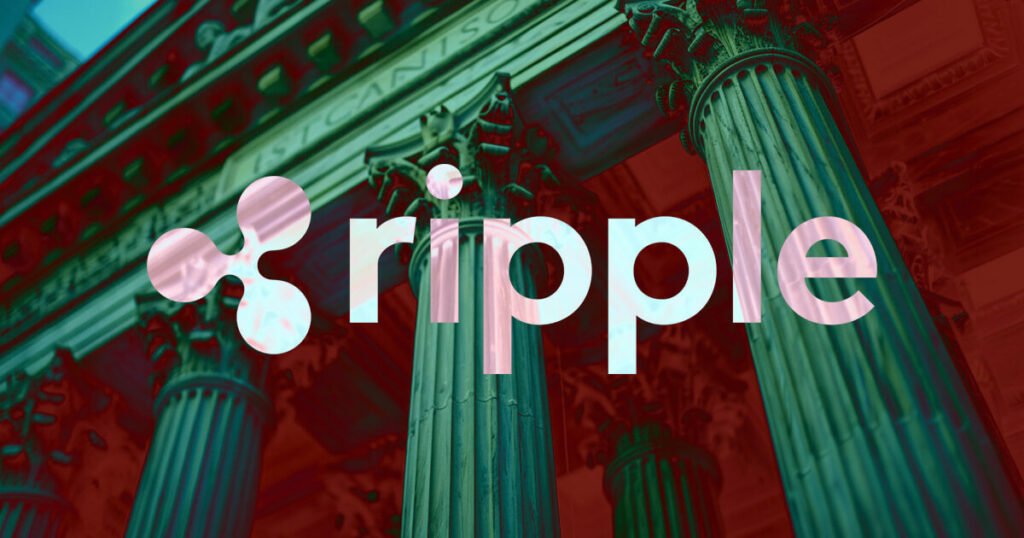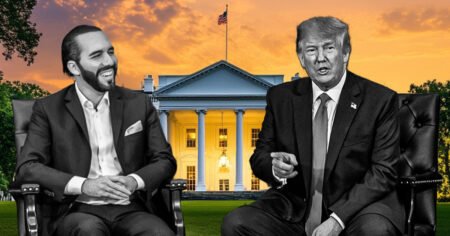Ripple is facing new legal challenges as a US judge in California approved a lawsuit against the crypto company regarding alleged misleading statements by its CEO, Brad Garlinghouse. The case will go to trial, and a jury will decide if Garlinghouse misled investors in a televised 2017 interview. In the interview, Garlinghouse mentioned being long on XRP and not on other digital assets, promoting the utility of XRP. Ripple tried to dismiss the claim by arguing that XRP is not a security, but the judge noted that it could still be considered a security when sold to non-institutional investors.
The judge highlighted that investors’ expectation of profit could render XRP a security, aligning with the Howey Test. Ripple’s efforts to promote using XRP in cross-border payments and other uses could lead investors to expect profits from XRP. As a result, the judge stated that Ripple’s conduct could have led a reasonable investor to expect profit due to the efforts of others. Despite this ruling, Ripple’s Chief Legal Officer commented that the NY ruling that XRP is not a security stands undisturbed, and only one state law claim, based on a 2017 statement, is going to trial. The plaintiff allegedly lost a couple hundred dollars and didn’t buy directly from Ripple.
The court granted summary judgment in part and denied it in part for the defendants’ motion. Federal and state class claims brought by the plaintiffs were denied summary judgment, meaning these claims will not proceed to trial. However, the court denied summary judgment for the plaintiff’s individual claim under California law, which will proceed to trial. The court also denied summary judgment for the claim that Garlinghouse made misleading statements regarding his position on XRP. Two motions related to expert testimony on classwide damages were denied as moot since the class claims were resolved.
The court directed the parties to file a narrowed motion to seal certain exhibits by a specific date. The document establishes the next steps for the individual claim related to misleading statements and outlines the resolution of class claims based on federal and state securities laws. Ripple has yet to respond to requests for comments on the matter. The lawsuit against Ripple and Garlinghouse is an important development in the legal landscape surrounding cryptocurrency and could have implications for how digital assets are regulated and classified in the future. It will be interesting to see how the trial unfolds and what impact it has on Ripple and the wider crypto industry.

















